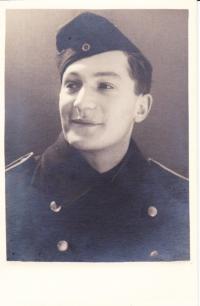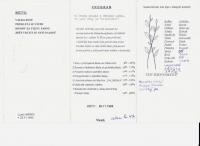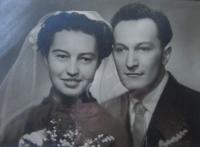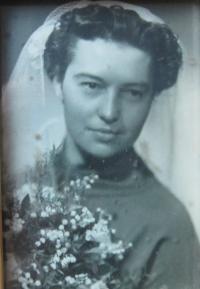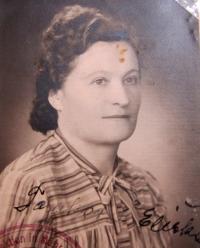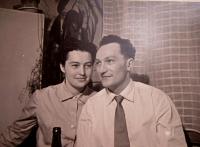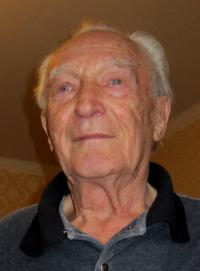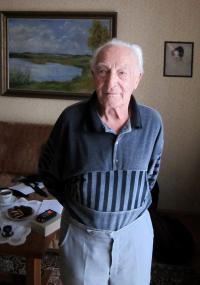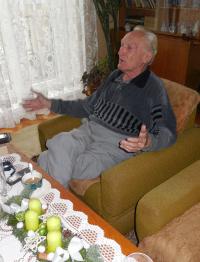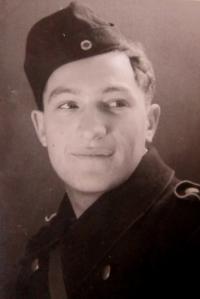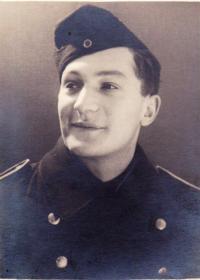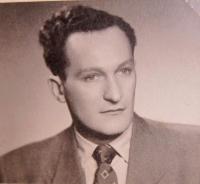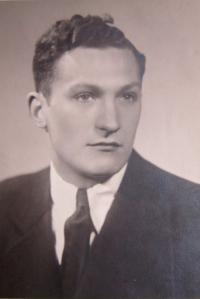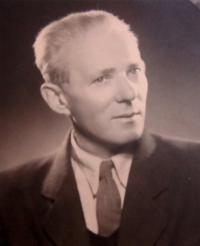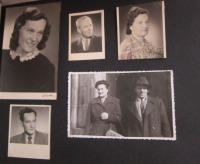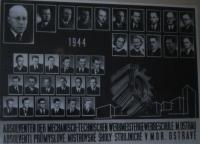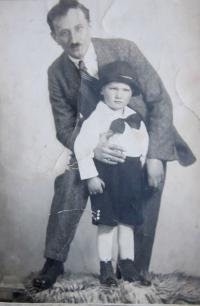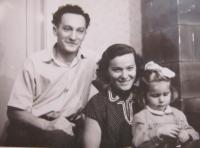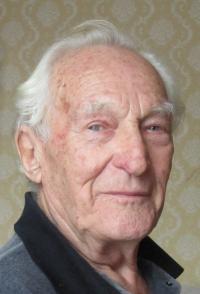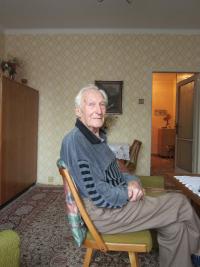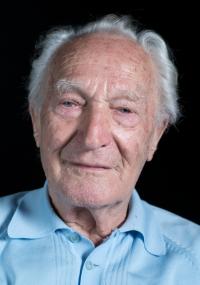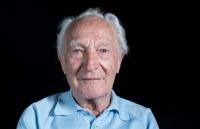I witnessed fifty air raids in Berlin
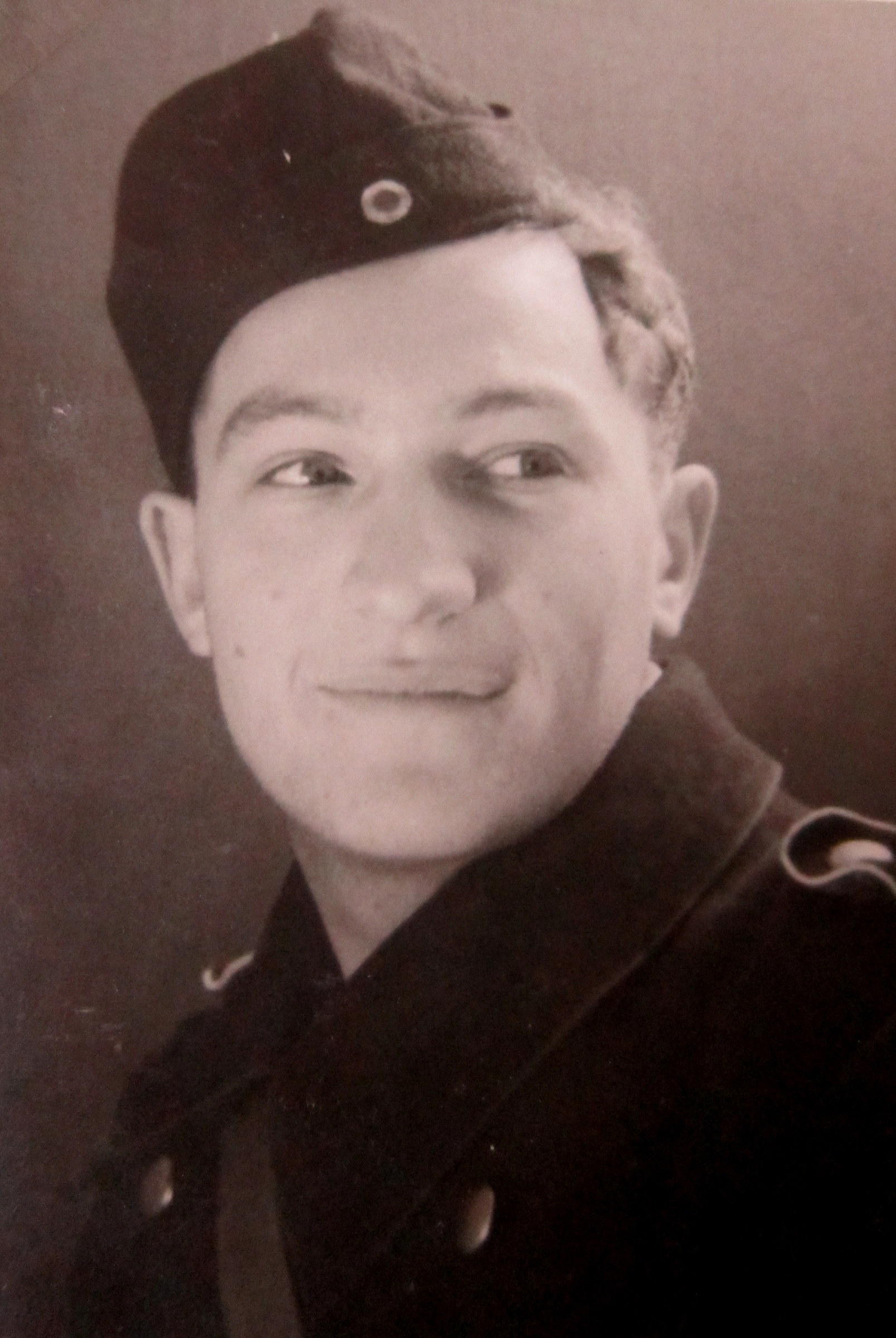
Download image
Miroslav Tomek was born on 15 February 1922 in the village of Strážné in south-eastern Slovakia, by the Hungarian borders. His father worked at the customs (border) office. The Tomeks moved numerous times because of Miroslav’s education. World War II found them in Ostrava. In his second year of the Master School of Machinery in Vítkovice, in September 1943, he was assigned to the Technische Nothilfe. It was an organisation whose members were tasked with clearing rubble and repairing buildings after bombing. But they also assigned them to various technical jobs and occasionally to rescue work. He and other students from all over the country spent five months in Berlin, where he experienced some fifty air raids. He was in a shelter during the biggest Allied bombing of Berlin, on the night from 23 to 24 November 1943, during which several of his friends died. After returning to Ostrava he finished his school and then started working at what is now the coke plant Svoboda (Freedom), where he remained in various positions until his retirement. He still lives in Ostrava.
